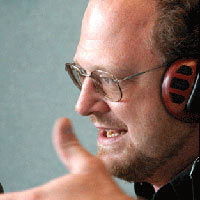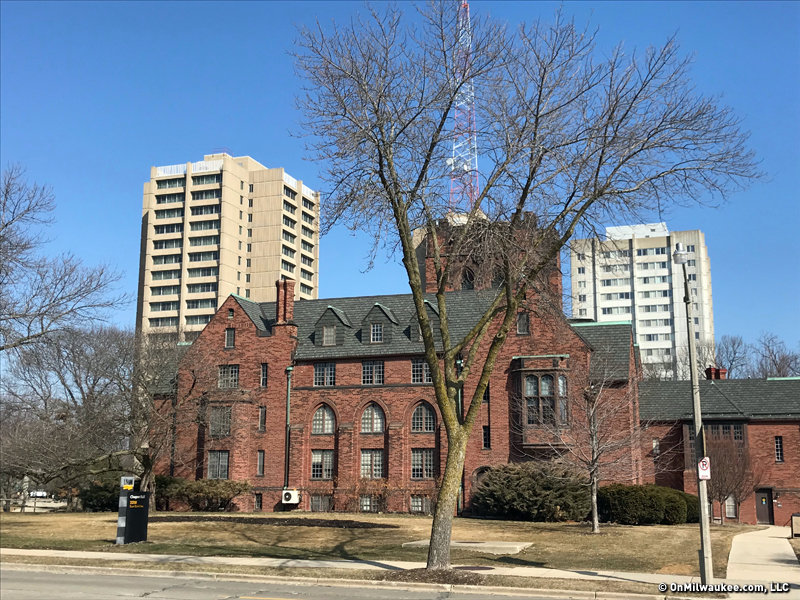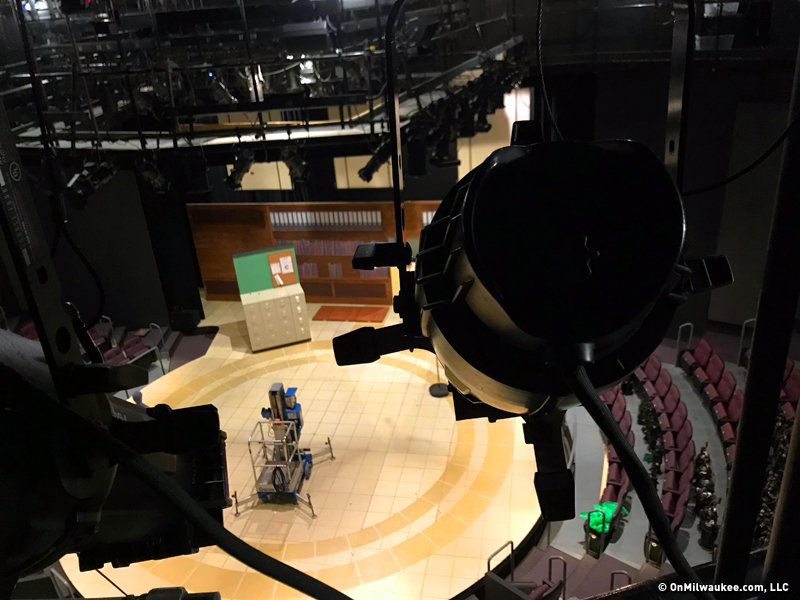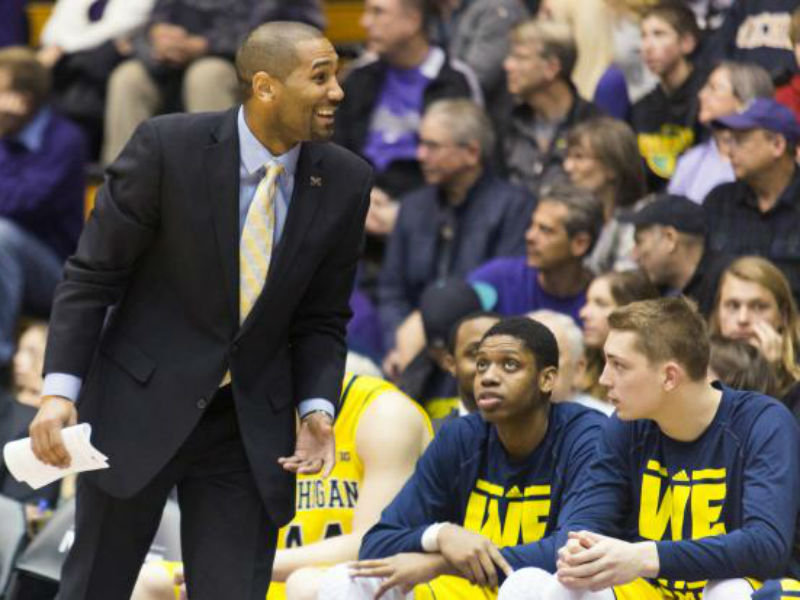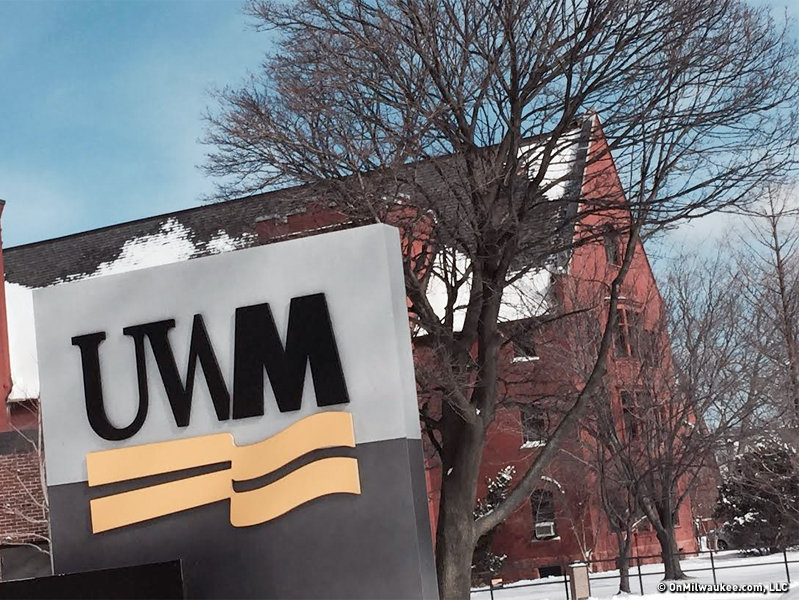It's city vs. suburbs for UW-Milwaukee as the latter decides how to expand its landlocked campus.
While UWM officials appear to favor a site in Wauwatosa for its College of Engineering and Science, Milwaukee officials want the school to look Downtown.
The 83-acre ‘Tosa site is larger than anything the university could have Downtown and also allows the school to develop some of the land itself. Either way, it takes huge chunks of land off the potential property tax rolls.
A resolution expressing the City of Milwaukee's support for the expansion of the UWM in the Downtown area was signed by Mayor Tom Barrett last week. The resolution identifies the following advantages of a downtown location:
- Ease of transportation and availability of mass transportation for students, faculty and staff moving between the East Side campus and Downtown.
- Availability of a wide variety of housing options for students, faculty and staff.
- Many thousands of square feet of existing and potential office space with a wide choice of size, layout, functionality and price structure for research and spinoff companies to grow.
- Redevelopment of urban areas is environmentally-friendly and efficient when compared to other options such as suburban expansion.
- Infrastructure, including roads, sewer, water and other utilities, is in place.
- Marquette University, the Milwaukee School of Engineering, the Milwaukee Institute of Art and Design and the Milwaukee Area Technical College are all located in the Downtown are,a providing a cluster of engineering, research and related fields that are attractive for locating corporations and will provide academic and research synergies.
It asks the university to look at such locations as the former Tower Automotive site, the former Northridge Mall site, the site at East Capitol Drive and North Humboldt Boulevard known as the "Blue Hole," and the site of the former Louis Allis facility in Bay View.
The Spigot is On: They may have been on the job only a month, but the new operators of Milwaukee's wastewater treatment plants didn't have any trouble finding the switch to release untreated sewage and stormwater recently.
An estimated 212 million gallons of untreated sewage and stormwater poured into area rivers and Lake Michigan. Another 32.8 million gallons of partially treated wastewater was released as well and 179,000 gallons of untreated sewage was dumped into the lake near St. Francis in a 23-minute overflow.
Veolia Water took over for United Water after outbidding United for a 10-year deal to run the wastewater treatment plants. It's the first blending incident since 2004. MMSD says that without the Deep Tunnel, 68.8 billion gallons of wastewater would have flowed into Lake Michigan.
Two environmental groups recently lost in their efforts to prevent all overflows and blending by MMSD. A federal appeals court said a 2002 agreement between MMSD and the state Department of Natural Resources allows for some overflows. Prior to 2002, the district released some 900 million gallons of wastewater into rivers and streams. The district is also spending $1.1 billion to correct problems cited in the lawsuit.
All Aboard: It seems like the various governments involved in getting the Kenosha-Racine-Milwaukee commuter train going have been talking about how to pay for it since dinosaurs roamed the land. And now there's a report from WISPIRG -- "A Better Way to Go: Meeting America's 21st Century Transportation Challenges with Modern Public Transit" -- trying to put a figure on how much gas we'd save if we all took the train.
According to the report, public transit in Milwaukee is responsible for a savings of 1.1 million gallons of oil and $3 million that would have been spent on gas. Around the country transit saves 3.4 billion gallons of oil each year, prevents 541 million hours of traffic delay and reduces global warming pollution by 26 million tons. Demand for public transportation is booming nationally, with transit trips far outpacing the growth of auto miles or population since 1995.
Election Hijinks Again: UWM student elections have often had a Stalinist bent. This month a slate of 26 candidates was unfairly stricken from the ballot for campaign violations, according to the aggrieved parties. The ruling against one of the parties was made by an election commissioner who was a former student senator that ran with the party that stands to benefit from the decision. A new election could be ordered. That wouldn't be the first time such a move happened.
An avid outdoors person he regularly takes extended paddling trips in the wilderness, preferring the hinterlands of northern Canada and Alaska. After a bet with a bunch of sailors, he paddled across Lake Michigan in a canoe.
He lives in Bay View.


